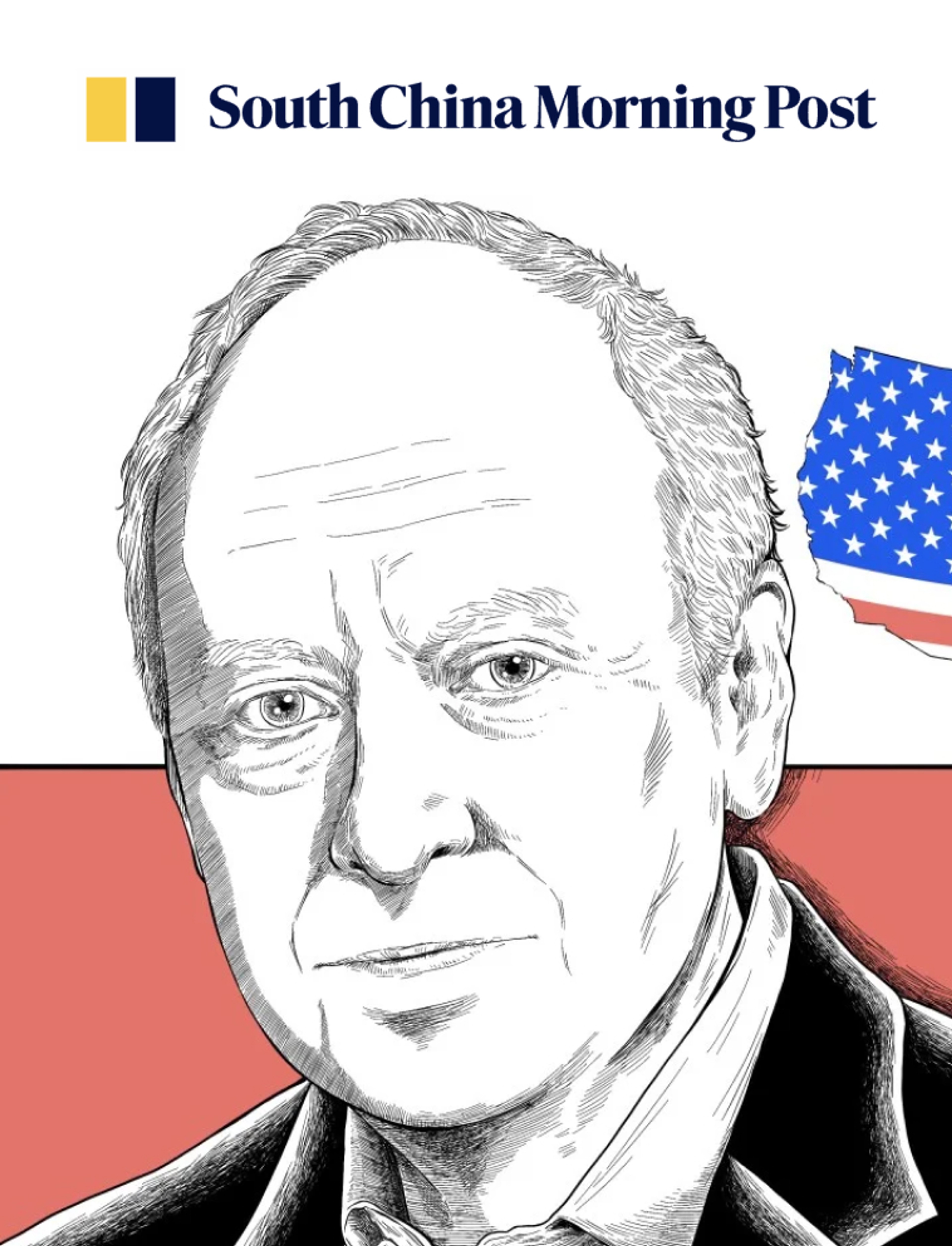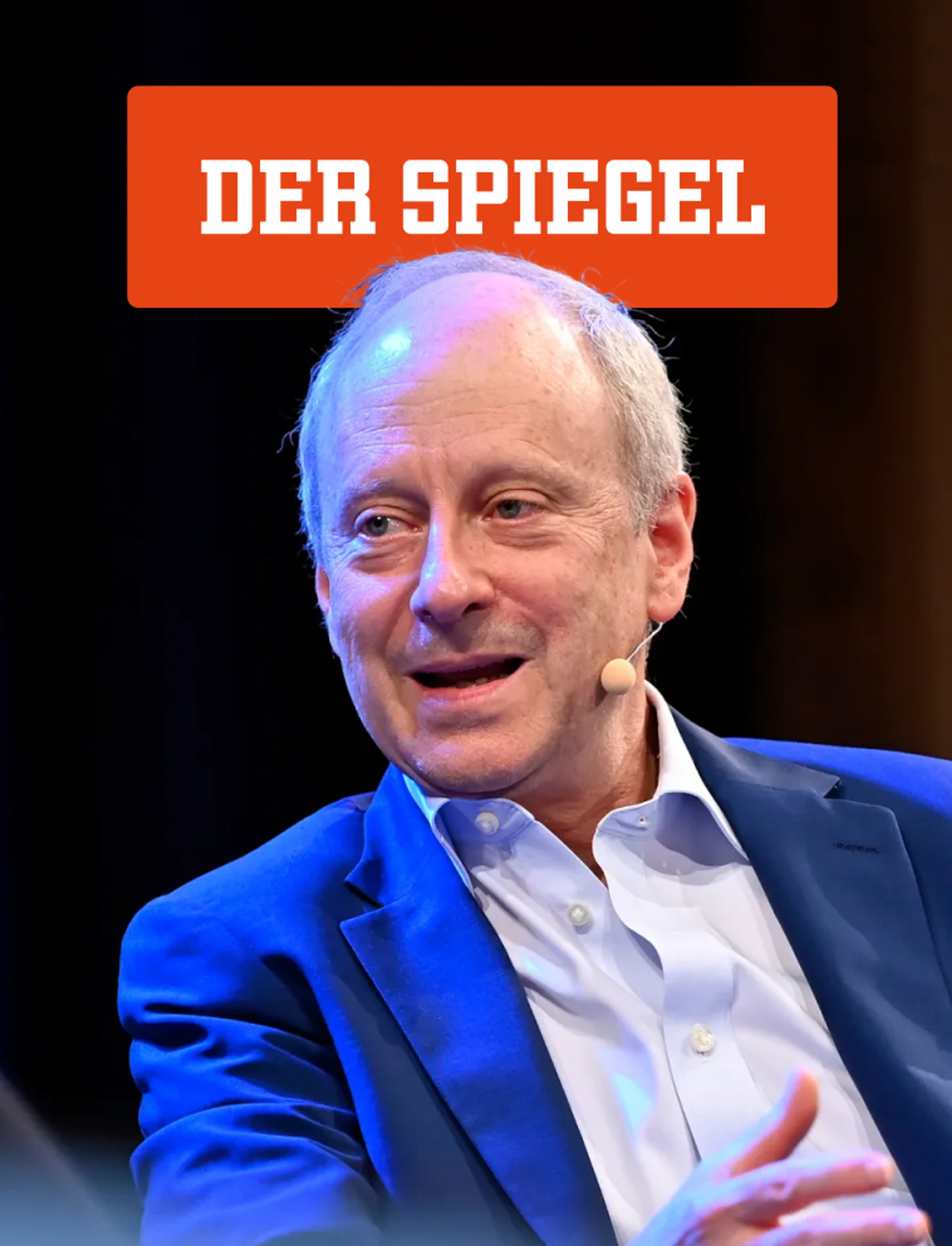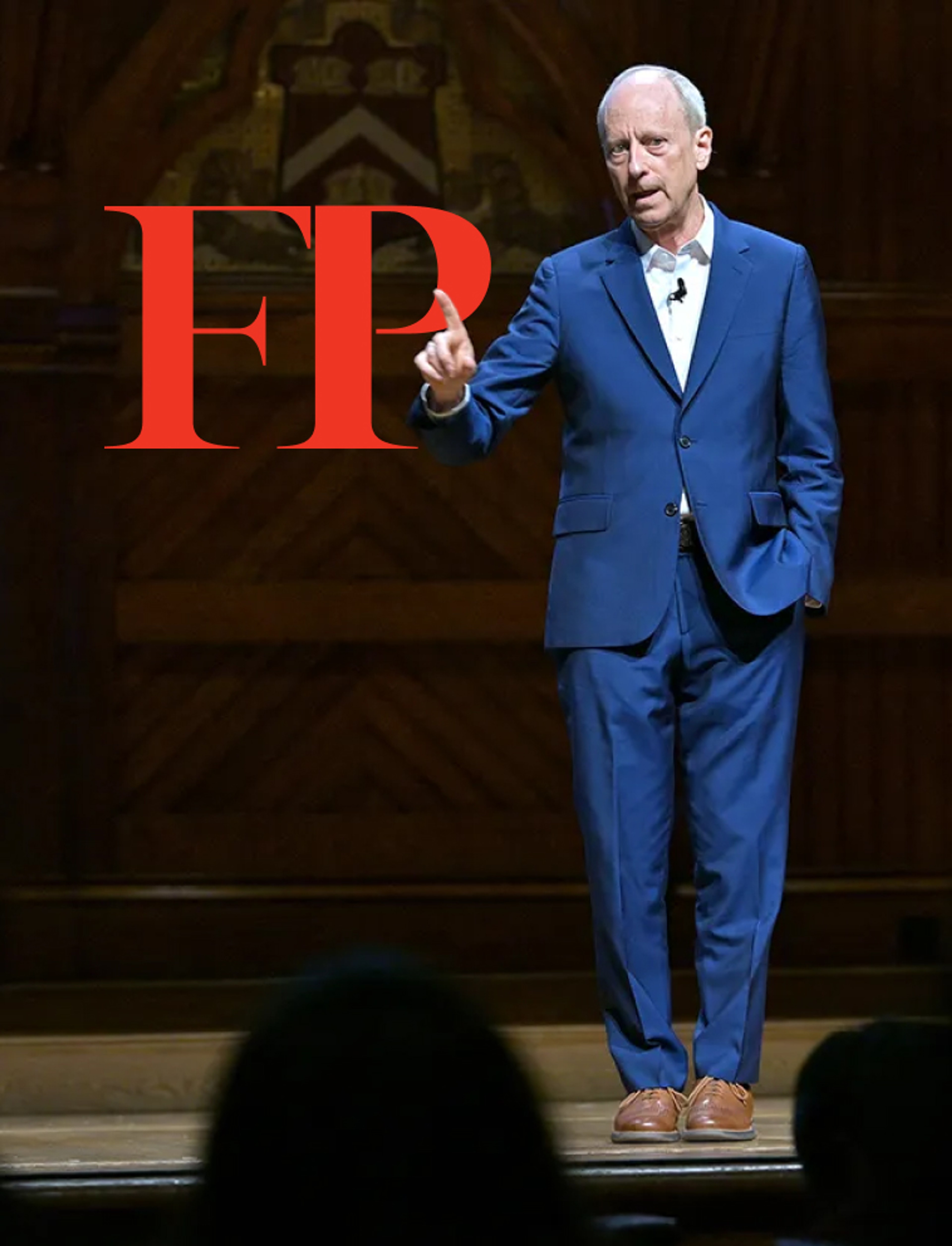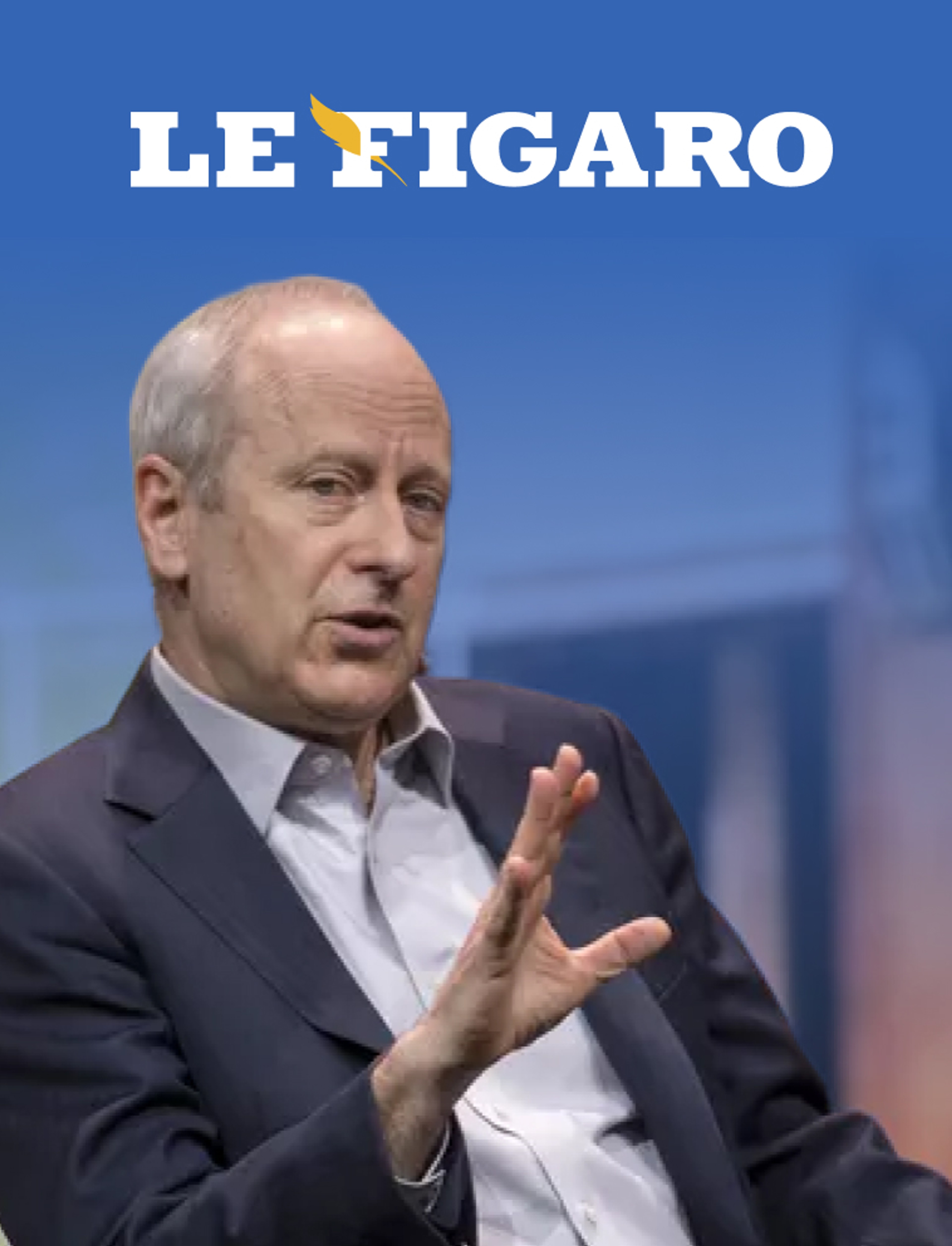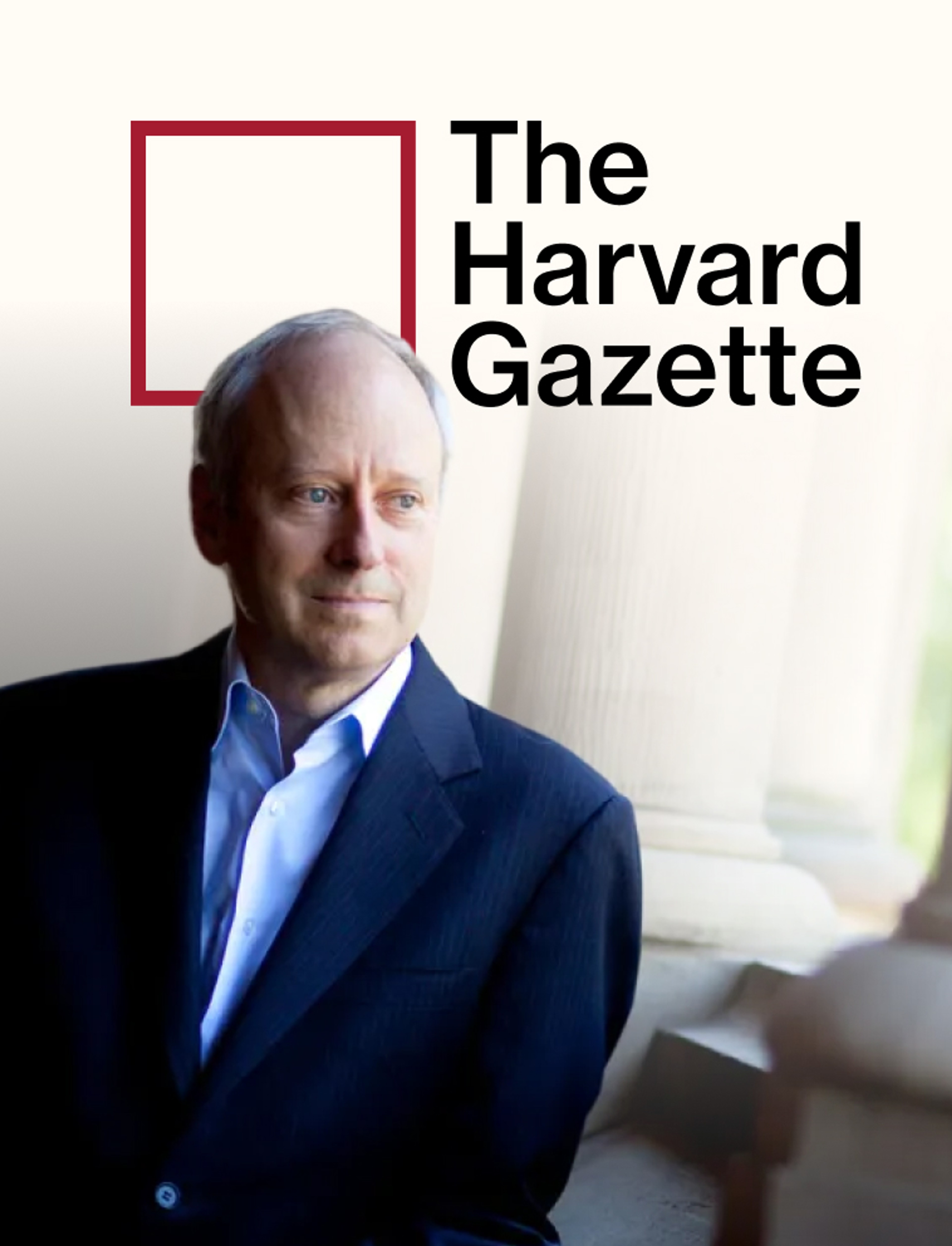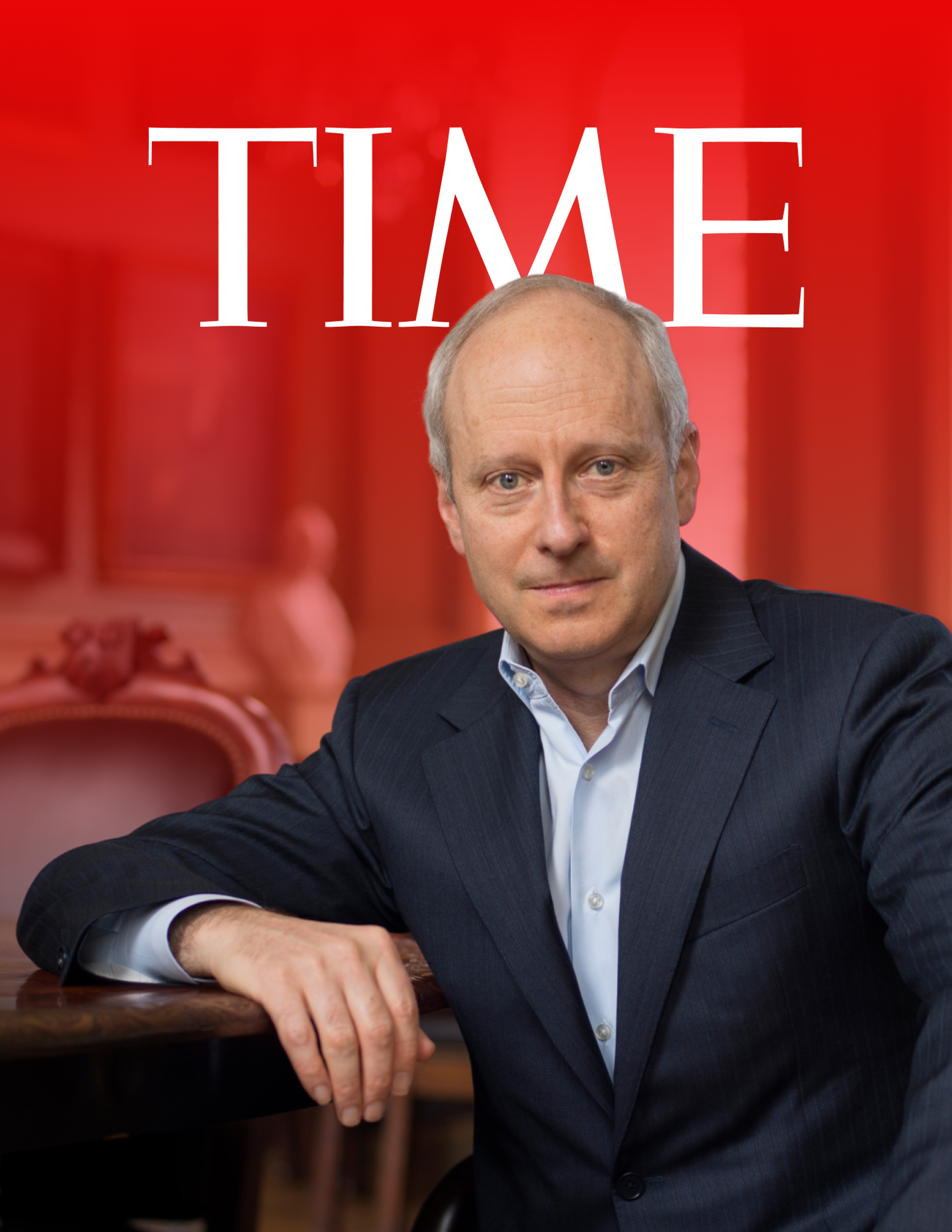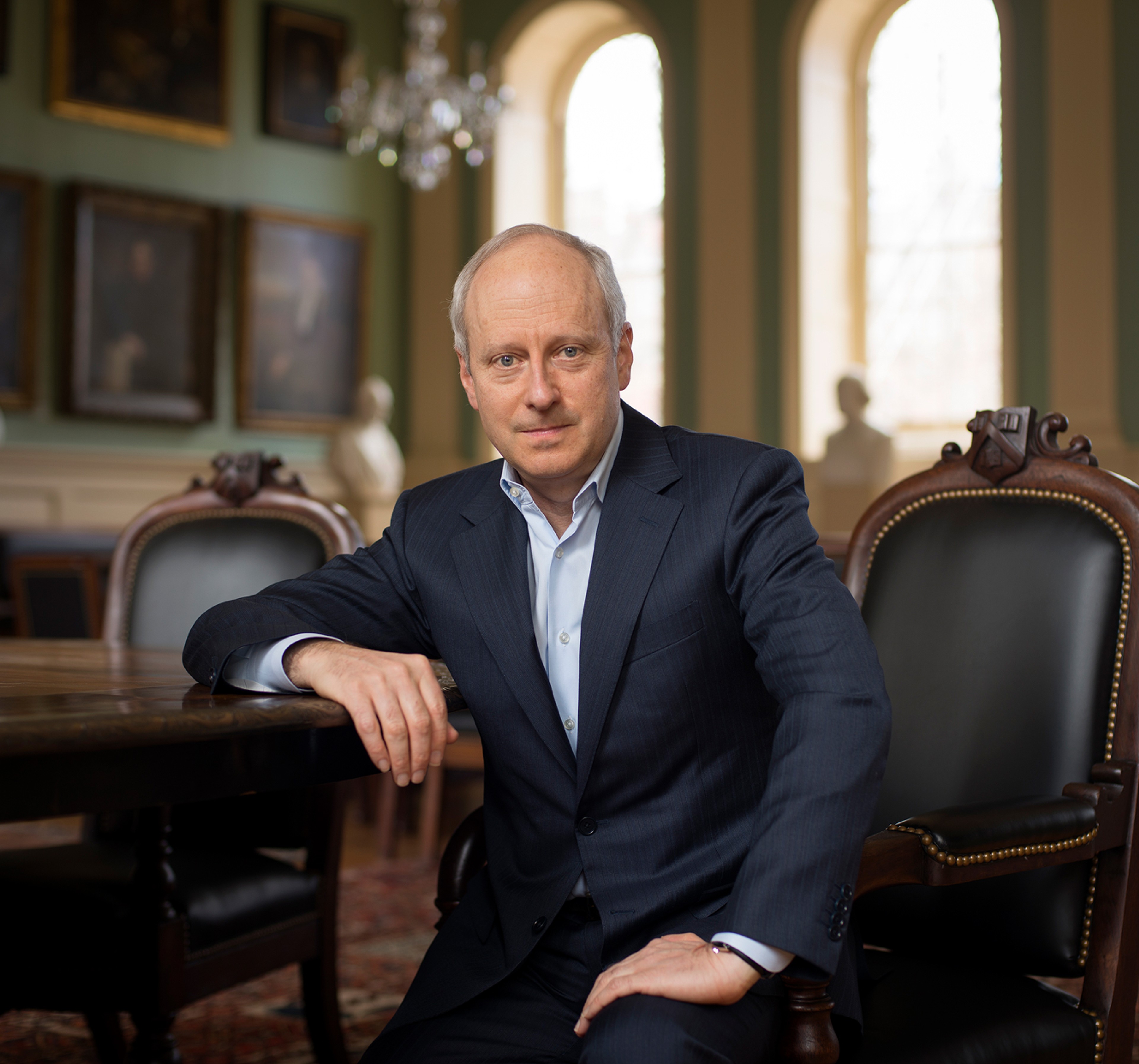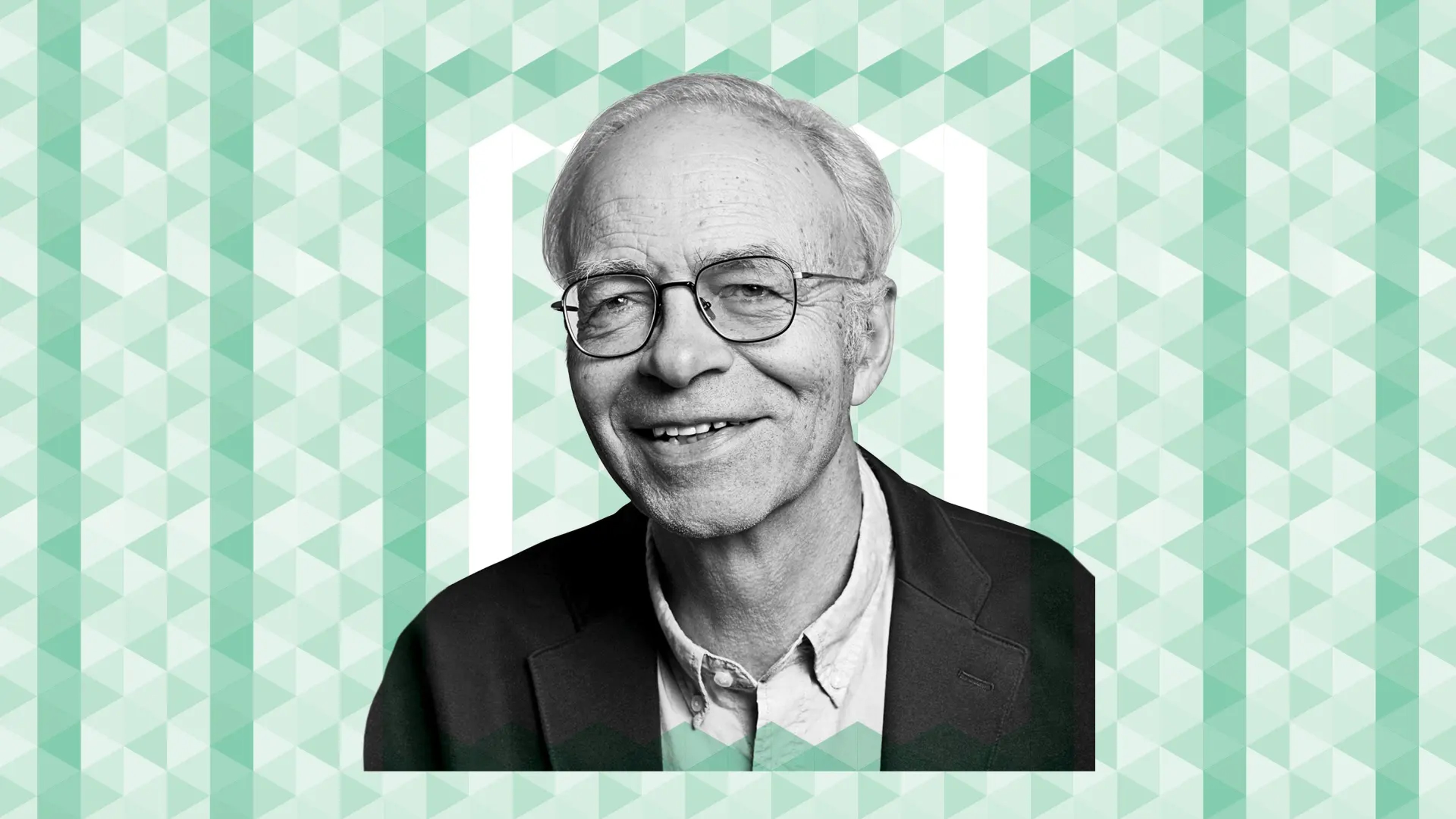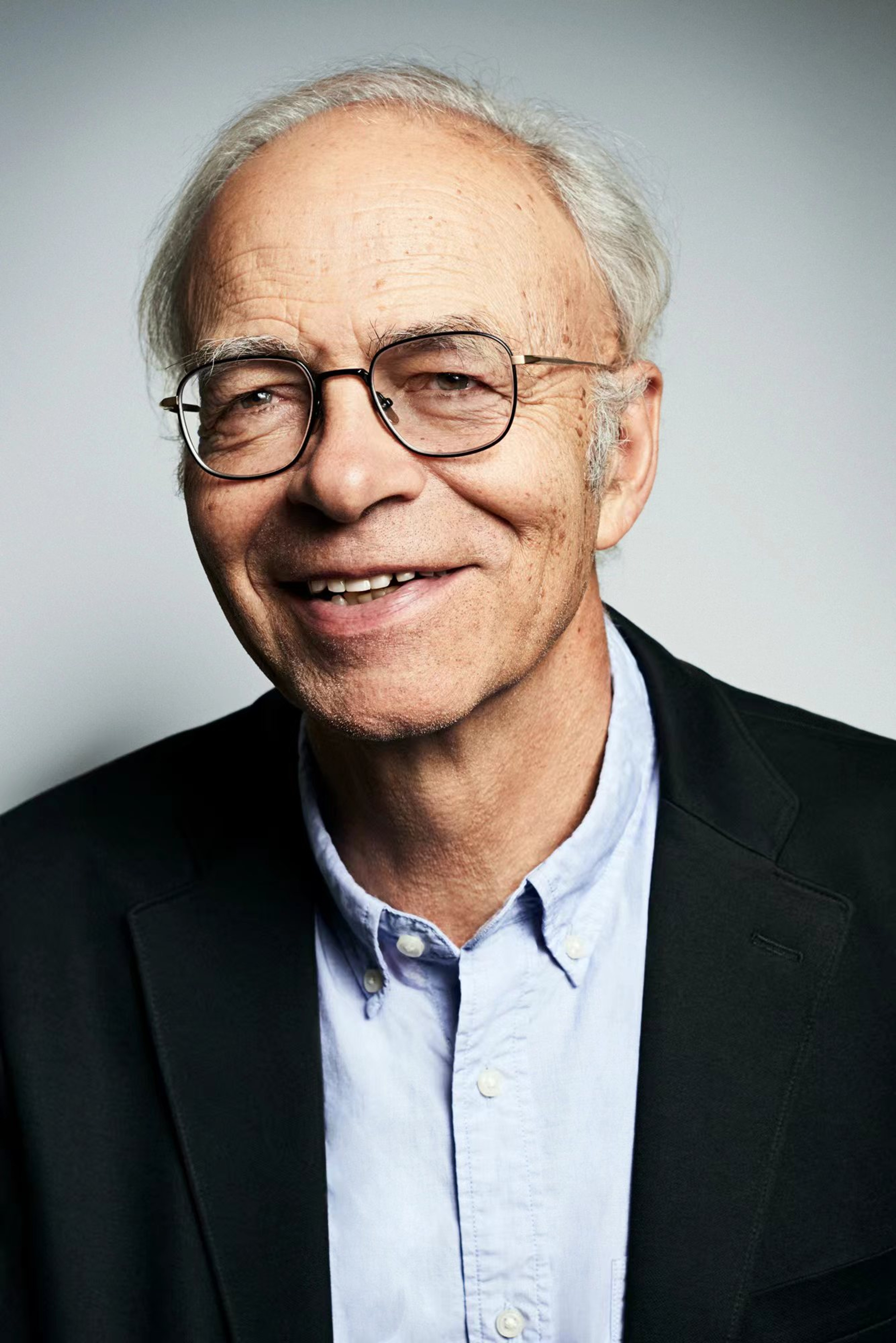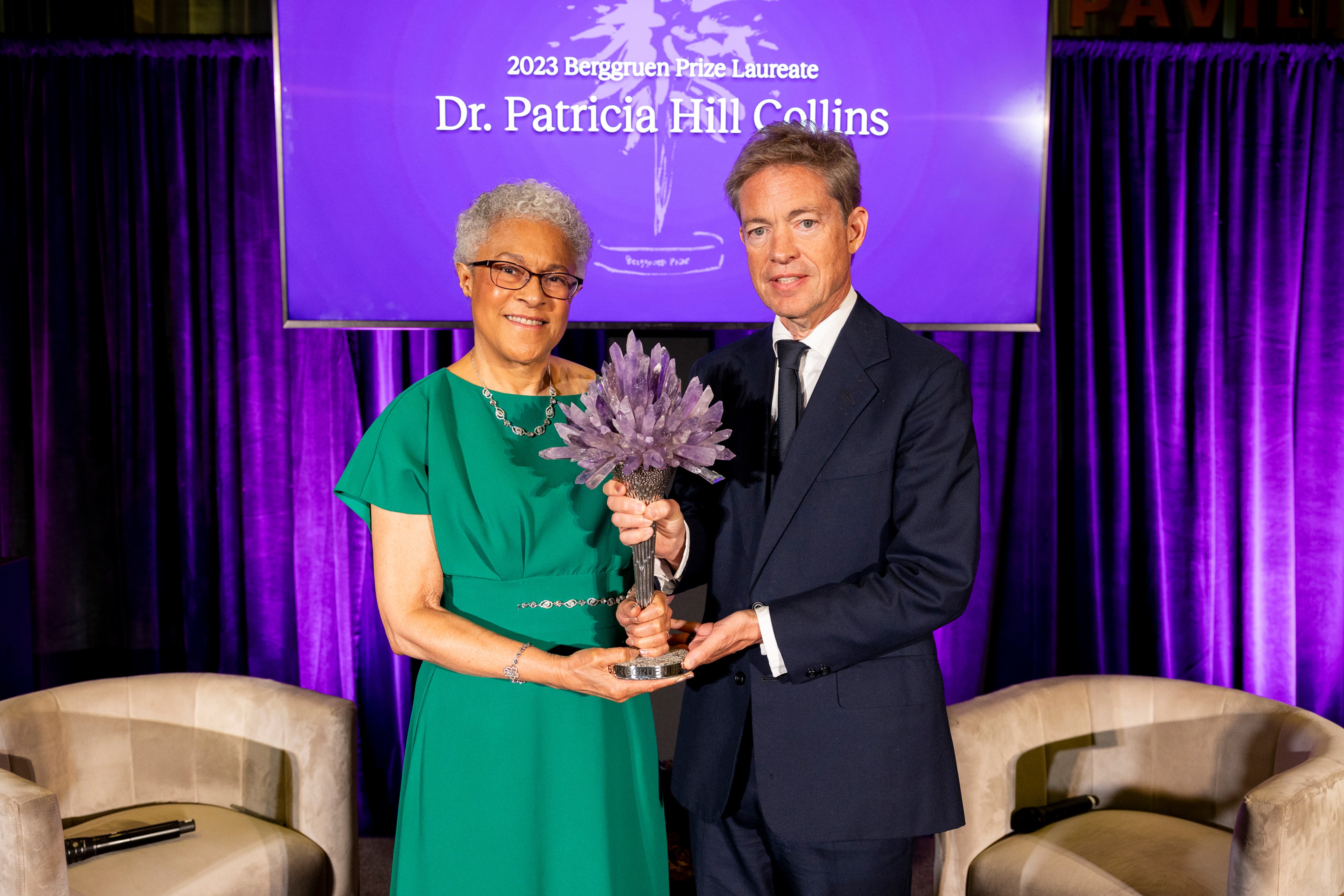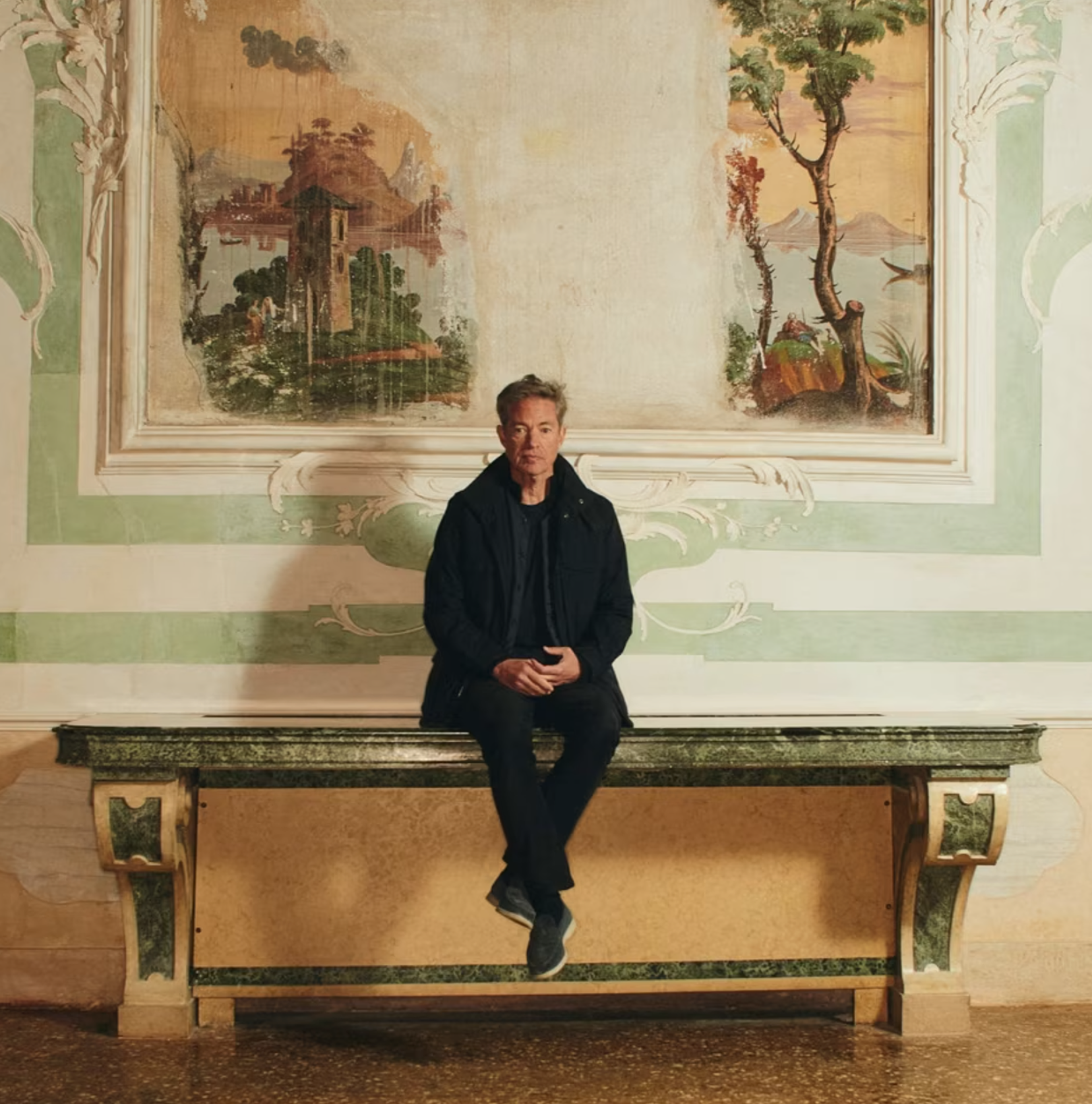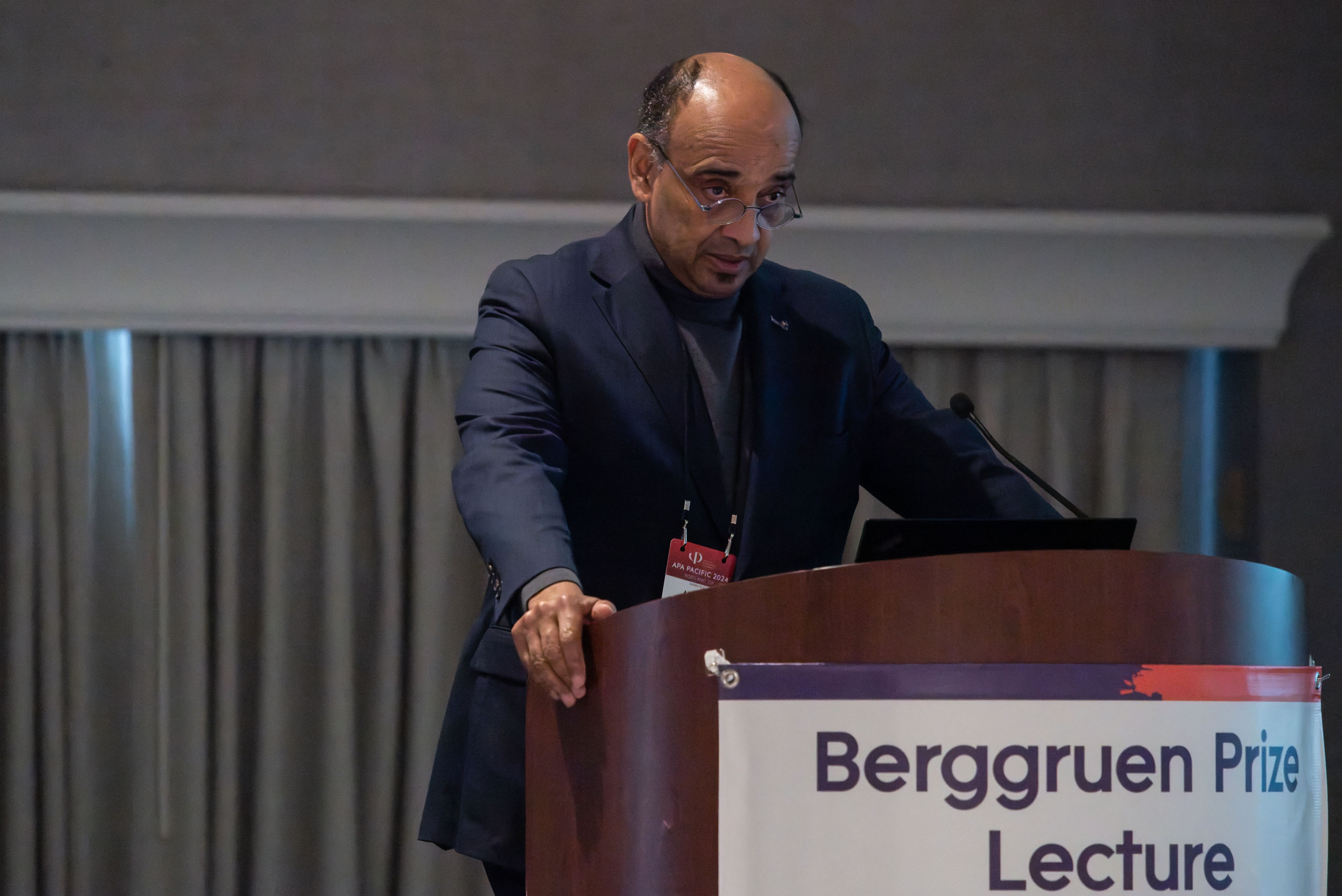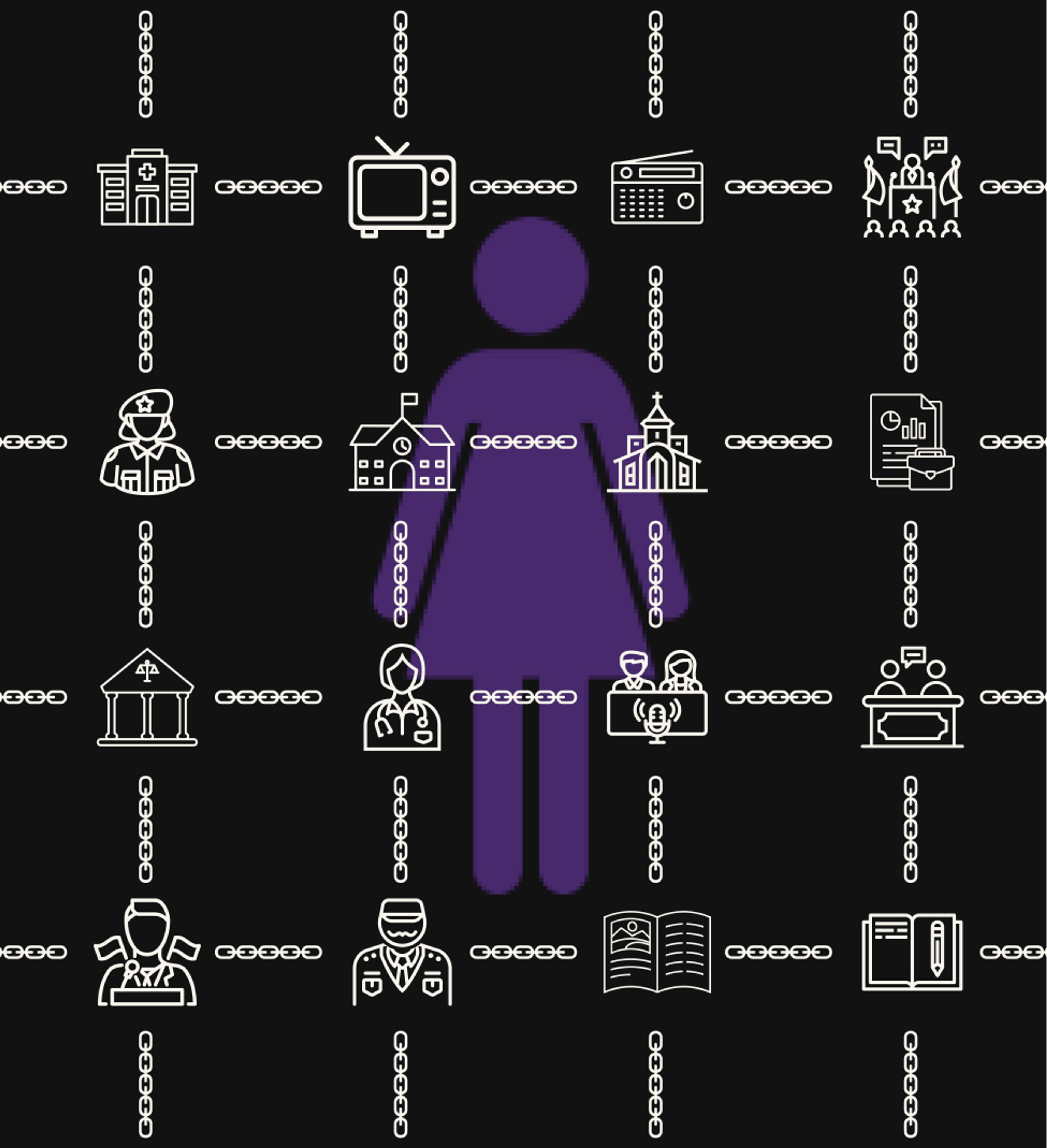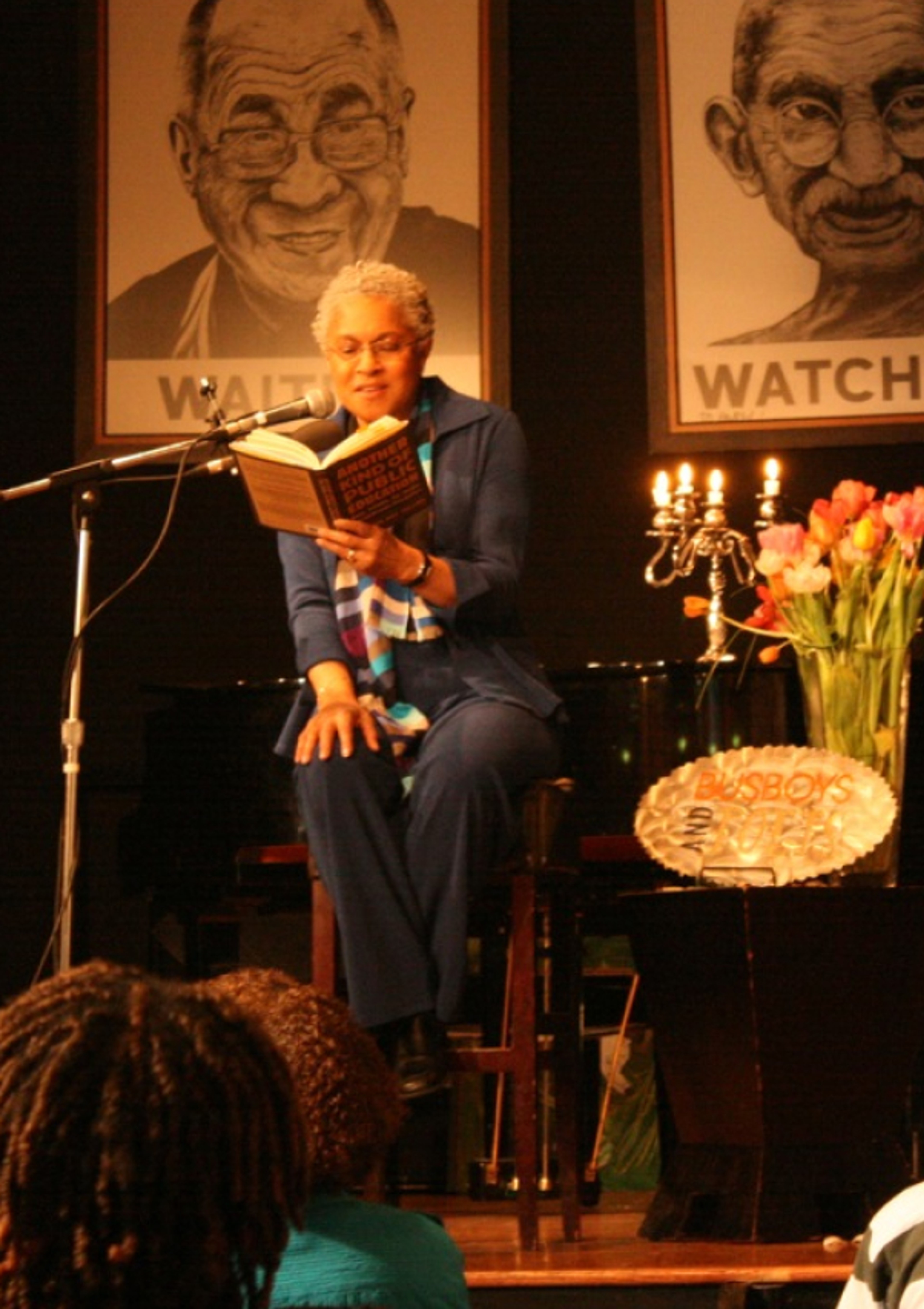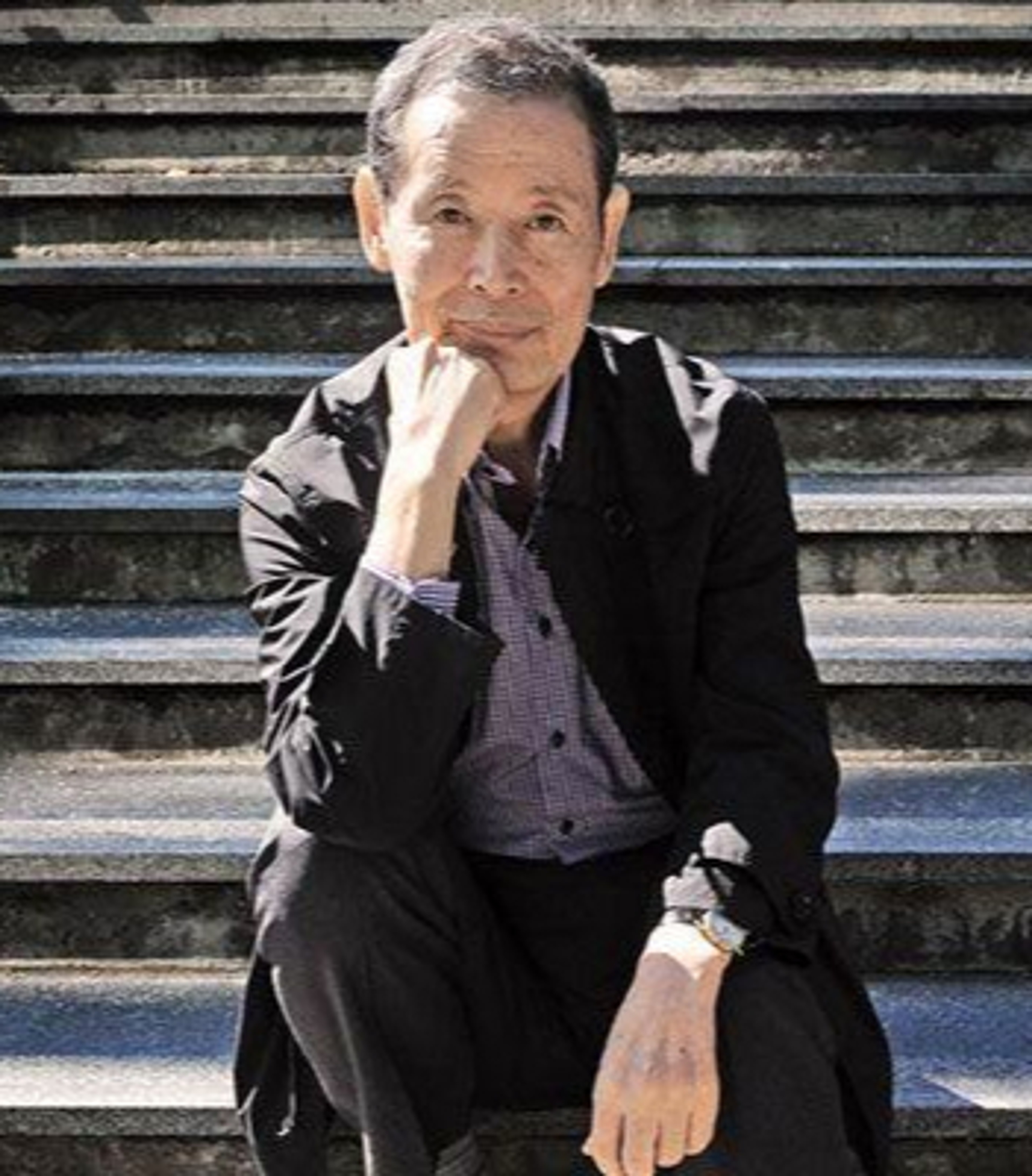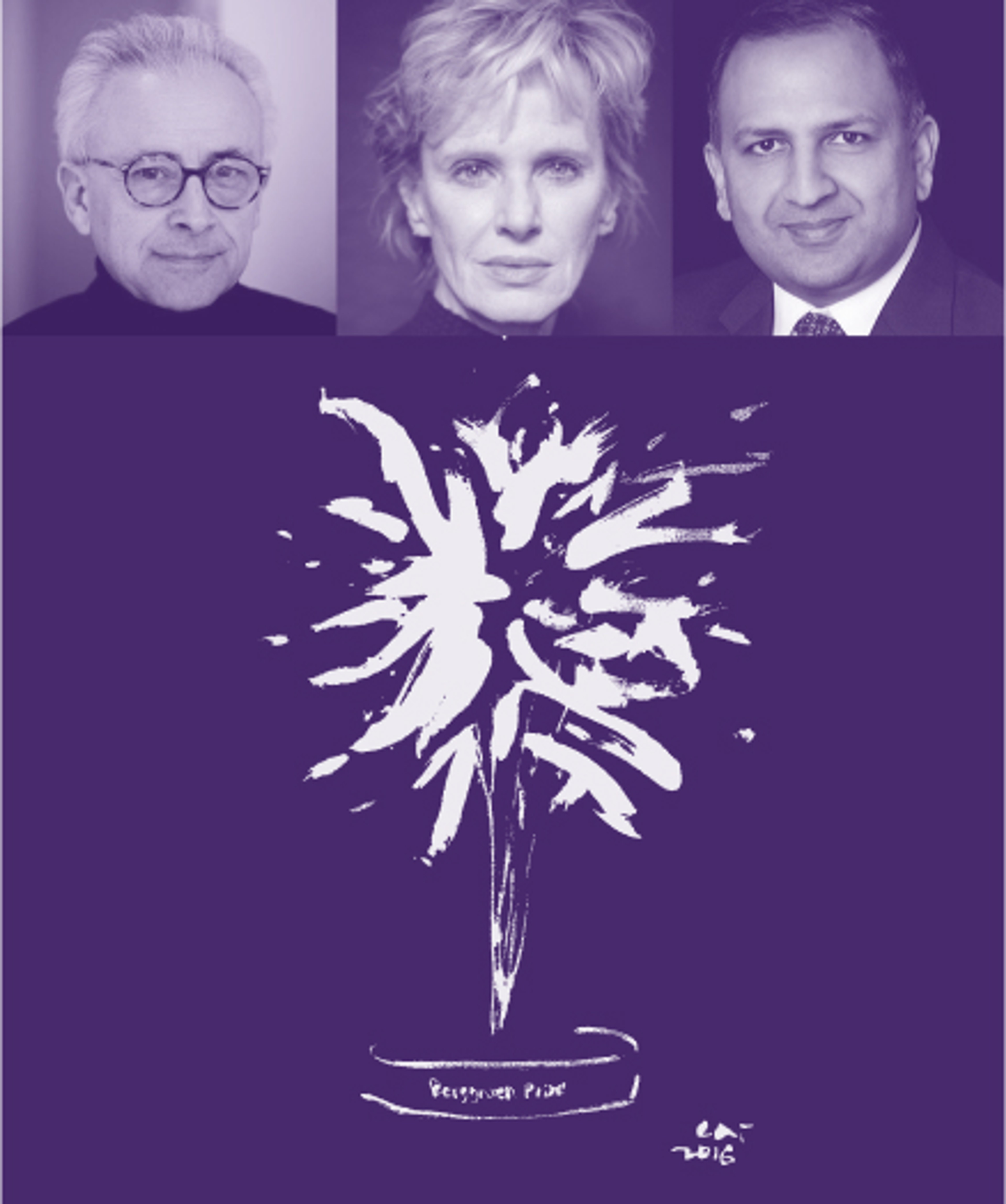Berggruen Prize Jury Welcomes Physicist Carlo Rovelli
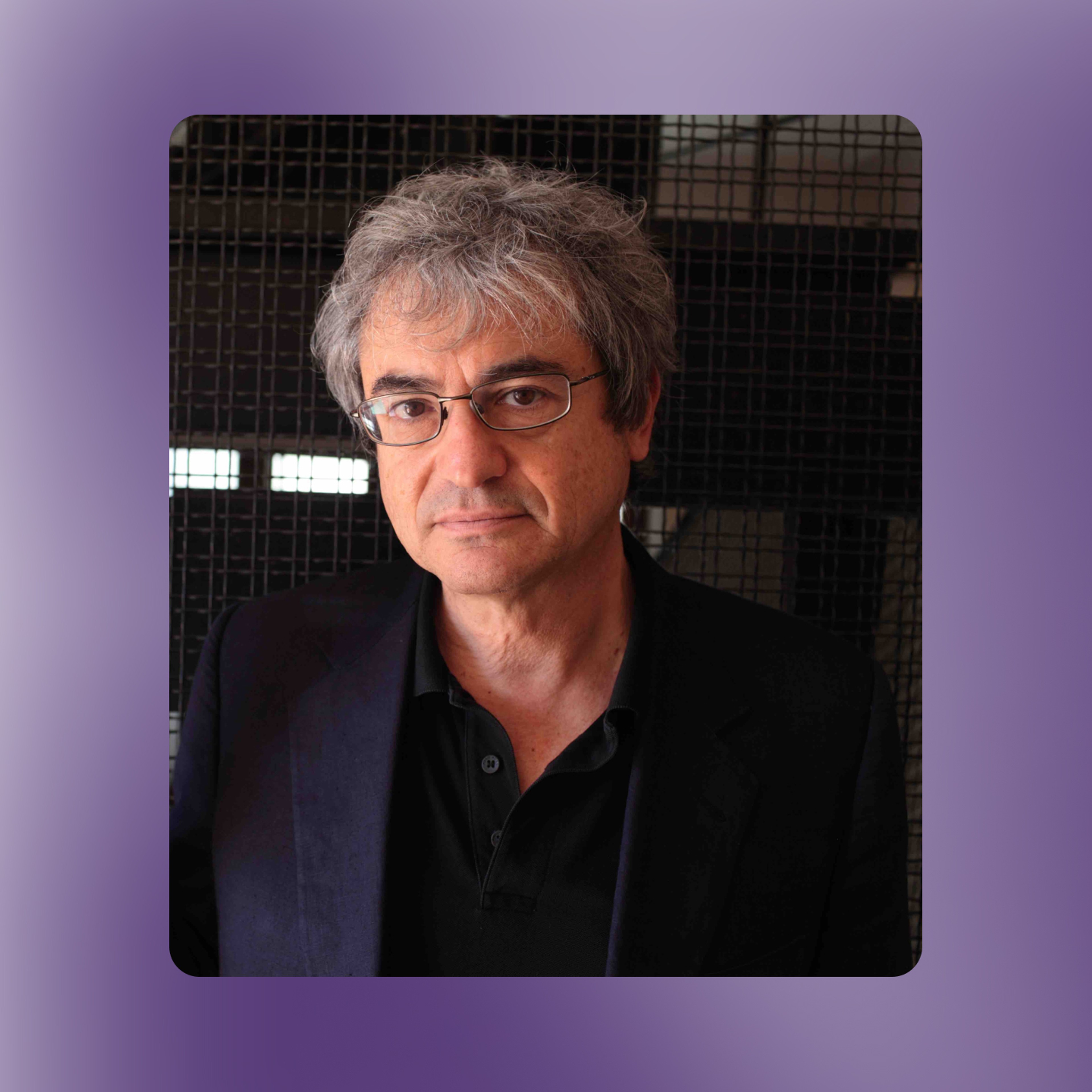
The Berggruen Institute announced today that renowned theoretical physicist and writer Carlo Rovelli will join the jury for the Berggruen Prize for Philosophy & Culture. Rovelli has made an enduring impact on the physics of space and time and brings his acclaimed scientific perspective to the multidisciplinary Berggruen Prize Jury.
The annual $1M award recognizes thinkers whose ideas have shaped society and provided wisdom in a rapidly transforming world. Laureates have included Charles Taylor (2016); Onora O’Neill (2017); Martha C. Nussbaum (2018); Ruth Bader Ginsburg (2019); Paul Farmer (2020); Peter Singer (2021); Kojin Karatani (2022); and Patricia Hill Collins (2023).
Rovelli joins Prize Jury Chair Antonio Damasio, leading neuroscientist and David Dornsife Chair in Neuroscience at the University of Southern California, and Berggruen Prize Jury members David Chalmers, Siri Hustvedt, Yuk Hui, Elif Shafak, and Wang Hui to select the 2024 Berggruen Prize Laureate. The Laureate will be announced later this Fall and honored at a special ceremony. Previous jurors have included inaugural Prize Jury Chair Kwame Anthony Appiah as well as Nobel Prize Laureates, thinkers, and leaders Leszek Borysiewicz, Amy Gutmann, Pratap Bhanu Mehta, Michael Spence, Alison Simmons, Amartya Sen, and George Yeo.
The Berggruen Prize Jury convenes several times each year to review nominations and determine the winner. In addition to reviewing all nominations received from the general public, jurors are encouraged to nominate a variety of candidates worthy of consideration. Jurors must balance multiple criteria, including but not limited to: intellectual quality, depth and originality, public impact, diversity and global reach, and the primacy of recognizing ideas that matter.
The Institute is currently accepting nominations from far and wide for the 2024 Prize Laureate through August 15, 2024. Submit your nomination here.
About Carlo Rovelli
Carlo Rovelli is a world-renowned Italian theoretical physicist and writer who has made significant contributions to the physics of space and time. He has worked in Italy and the United States and currently directs the quantum gravity research group of the Centre de Physique Théorique in Marseille, France, where he has been a professor since 2000. His work is mainly in the field of quantum gravity, where he is among the founders of the loop quantum gravity theory. He has also worked in the history and philosophy of science. Throughout his work, Rovelli posits that “everything exists solely in the way it affects something else.” He focuses on questions of self-understanding, the relationships between science, reality, perception, and society, and the interdependence of all things. He is in constant pursuit of what connects us. Rovelli has written more than 200 scientific articles published in international journals, and he
has published two monographs on loop quantum gravity. His books, including Seven Brief Lessons on Physics, The Order of Time, and Helgoland, are international bestsellers that have been translated into more than fifty languages. He collaborates regularly with several Italian newspapers, in particular the cultural supplements of Il Sole 24 Ore, La Repubblica, and Il Corriere della Sera. In his latest book, There Are Places in the World Where Rules Are Less Important Than Kindness, he considers questions of politics, justice, climate change, and how humans live. In 1981, Rovelli graduated with a BS/MS in physics from the University of Bologna, and in 1986 he obtained his PhD at the University of Padova, Italy. He held postdoctoral positions at the University of Rome, the International School for Advanced Studies in Trieste, and Yale University. Rovelli was on the faculty of the University of Pittsburgh from 1990 to 2000, where he was also affiliated with the Department of History and Philosophy of Science. In 2019, he was included by Foreign Policy magazine in a list of 100 most influential global thinkers.
About the Berggruen Prize for Philosophy and Culture
Established by philanthropist Nicolas Berggruen in 2016, the Berggruen Prize for Philosophy and Culture was first awarded to Canadian philosopher Charles Taylor for his impact on the humanities, social sciences, and public affairs in deepening understanding among different intellectual traditions and civilization. Baroness O’Neill of Bengarve was the 2017 Berggruen Prize Laureate for her work as a citizen philosopher who has elevated the quality of public life and improved the very vocabulary of public discourse. In 2018, public and moral philosopher Martha C. Nussbaum received the award for her framework for thinking about human capabilities, and exploring vulnerability, fear, and anger in moral and political life. In 2019, Former Associate Justice Ginsburg was recognized for her life’s work in pioneering gender equality and strengthening the rule of law. During a year marked by the global pandemic, 2020, the Prize was awarded to Paul Farmer for his work advancing global public health equity. In 2021, utilitarian philosopher Peter Singer received the Prize for his ethical framework for animal rights, effective altruism, and the global eradication of poverty. The 2022 Berggruen Prize honored philosopher and literary critic Kojin Karatani for his radically original contributions to modern philosophy, the history of philosophy, and political thinking. Most recently, in 2023, foundational sociologist Dr. Patricia Hill Collins was honored for her pivotal contributions to the understanding and development of intersectionality. This year’s Berggruen Prize Jury, chaired by Antonio Damasio, is an international group of scholars and writers including David Chalmers, Yuk Hui, Siri Hustvedt, Carlo Rovelli, Elif Shafak, and Wang Hui. The Berggruen Institute administers the Prize and welcomes nominations of those whose ideas have both intellectual depth and long-term social and practical value across nations and cultures.
About the Berggruen Institute
The Berggruen Institute is a global network of thinkers navigating change through ideas. We develop new conceptual frameworks to meet the challenges & harness the opportunities of the arriving future. Our work forges new frameworks of thought in democracy, capitalism, planetary politics, science and technology, and philosophy and culture. We foster dialogue between East and West, and develop shared perspectives for our world. Our goal is to create a planetary network of thinkers from diverse disciplines and cultures. We believe these thinkers—connected and emboldened—can reshape our social and political institutions, and drive solutions to some of the biggest challenges of our time.


